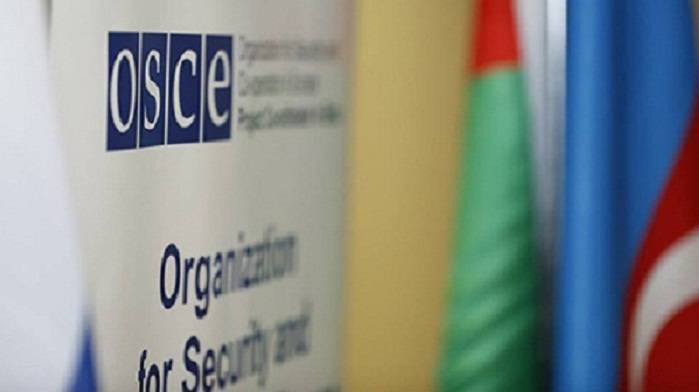Election Observation Mission released an interim report on the situation in Azerbaijan on the eve of the February 9 parliamentary elections.
The authors of the report note the presence of serious problems that hinder the holding of fair democratic elections in the country. In particular, there are serious doubts about the observance of fundamental rights and freedoms in Azerbaijan, which is why a number of opposition forces have boycotted the elections. These violations concern restricting access to the media and restricting freedom of assembly. A number of candidates were deprived of the opportunity to participate in the elections, despite the decisions of the European Court of Human Rights (ECtHR) to remove their criminal record. Gender balance is upset and women are poorly represented in the outgoing parliament.
The country’s constitution guarantees fundamental rights and freedoms, including freedom of assembly, expression, association and access to information, as well as the right to participate in political life. However, many recommendations of the ODIHR and the Venice Commission regarding freedom of assembly and expression, the media environment and the registration of candidates have not been implemented.
A number of interlocutors of the Observer Mission stated that the existing legal framework does not provide for free election campaigning. Thus, fundamental freedom of assembly was violated, and the last authorized political rally was held in Baku in January 2019.
During an unauthorized opposition rally in Baku on October 19, the authorities used physical force to disperse it, arresting many opposition activists and leaders.
Although the Constitution guarantees freedom of expression and the right to access information and prohibits censorship, these rights are strictly limited by various laws. The Media Law provides for restrictions on media freedom in cases of martial law, a state of emergency and operations against religious extremism. Defamation and public insult, including on social networks, are criminal offenses and are punishable by deprivation of liberty for up to five years if it is directed against the President.
The OSCE Representative on Freedom of the Media regularly expresses concern about allegations of serious crimes against journalists, as well as their ability to work freely and safely.
According to the Council of Europe, five journalists remain in custody, and the Ministry of Transport, Communications and High Technologies has the right to block websites and prohibit media outlets without a court order.
12 TV channels have nationwide coverage, while state-owned AzTV and public ITV are funded from the state budget.
Restrictions on the advertising market make many media dependent on government funding. About 30 private print media receive monthly funding from the Presidential Fund for State Support for Media Development. Moreover, they have a scanty circulation.
Media collaborating with the state enjoy the support of the authorities and have guaranteed access to information from officials.
ITV is the only broadcaster to offer paid airtime at a very high price. At the same time, there are no open discussions, debates, round tables, or political advertising on the air even though TV is still the most accessible media across the country, many interlocutors opined to the ODIHR EOM that it is mostly a source of entertainment, while social media platforms are used for seeking alternative political information. The Election Code provides for the allocation of free airtime in the public broadcaster and of space in the print media during the official campaign period only for those parties with candidates registered in more than 60 election constituencies. 41 Contestants can also buy time for paid political advertising; ITV is the only broadcaster which has offered contestants this opportunity. Many ODIHR EOM interlocutors raised concern over the excessive cost of political advertising during the campaign

